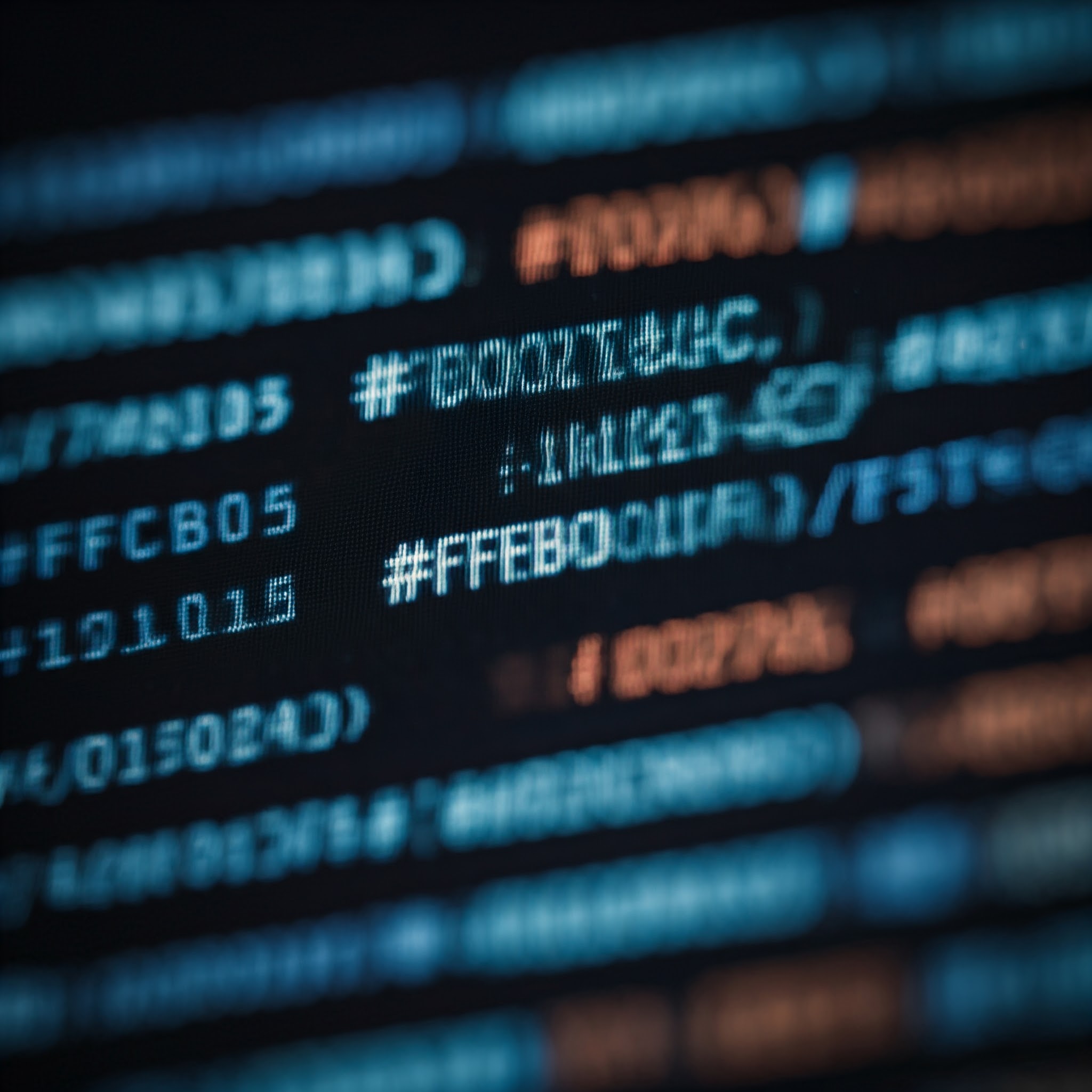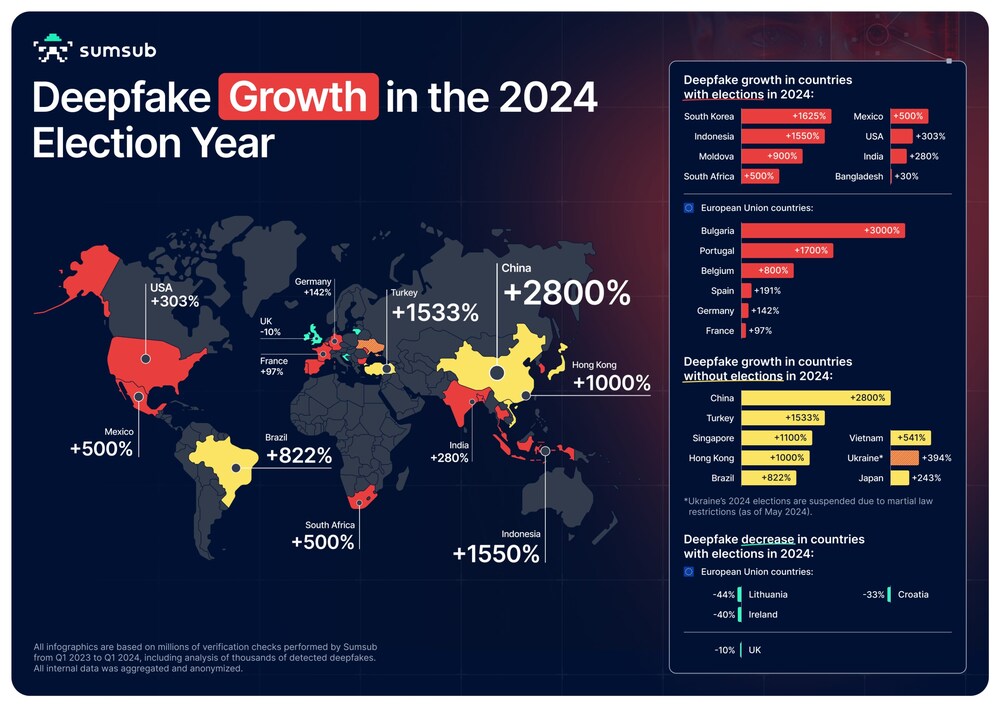-
Empower Your Voice Systems with Advanced Liveness Detection
-
UM-Dearborn Professor Hafiz Malik has become a go-to resource for journalists debunking fake audio and video.
-
Will hackers, trolls and AI deepfakes upset the 2024 election?
-
Social media accounts use AI-generated audio to push 2024 election misinformation
Deepfake audio is a type of synthetic media that uses artificial intelligence to manipulate or generate audio content. This technology can be used to create highly realistic audio recordings of individuals saying things they never said or to alter existing audio recordings to make them sound different. How Businesses Can Benefit from Deepfake Audio Detection Algorithms

Protecting Intellectual Property
Unauthorized Use: Deepfake audio can be used to impersonate artists, celebrities, or public figures to create unauthorized content or endorsements.
Copyright Infringement: This can lead to copyright infringement and loss of revenue for the rightful owners.
Enhancing Security and Privacy
Phishing Attacks: Deepfakes can be used to create convincing phishing attempts, tricking individuals into revealing sensitive information.
Identity Theft: This can lead to identity theft and financial losses.


Supporting Las Enforcement and National Seucrity
Investigative Tool: Deepfake detection algorithms can assist law enforcement in investigating crimes involving deepfake audio, such as blackmail, extortion, and disinformation campaigns.
Countering Disinformation: These algorithms can help combat the spread of false information and propaganda.
Ensuring the Integrity of Digital Content
Trustworthiness: Deepfake detection algorithms can help maintain the trustworthiness of digital content, ensuring that users can rely on the authenticity of what they see and hear.
Fact-Checking: These algorithms can support fact-checking efforts by identifying and exposing deepfake content.


Protecting Elections and Democracy
Misinformation Campaigns: Deepfakes can be used to spread misinformation and manipulate public opinion during elections.
Fair Elections: Deepfake detection algorithms can help ensure the integrity of elections by identifying and countering such attempts.
Advancing Research and Development
AI Development: The development of deepfake detection algorithms can contribute to advancements in artificial intelligence and machine learning.
Ethical Considerations: These algorithms can help address ethical concerns

Unlocking the Power of Deepfake Audio Detection
Top Industries Revolutionizing Security with Cutting-Edge Algorithms
Financial Services:
Online banking: Preventing fraud by verifying the identity of users during login and transaction processes.
Mobile payments: Ensuring that payments are made by real individuals and not bots or fraudsters.
Credit card applications: Verifying the identity of applicants to prevent identity theft and fraudulent accounts.
Government:
Identity verification: Verifying the identity of citizens for various government services, such as driver’s licenses, passports, and voting registration.
Border control: Preventing illegal immigration and human trafficking by verifying the identity of travelers.
Healthcare:
Remote patient monitoring: Ensuring that patients are who they claim to be when accessing remote healthcare services.
Telehealth: Verifying the identity of patients and healthcare providers to protect patient privacy and prevent fraud.
Social Media:
Account verification: Preventing fake accounts and bots from spreading misinformation or engaging in malicious activities.
Live streaming: Ensuring the authenticity of live broadcasts and preventing impersonations.
Gaming:
Age verification: Verifying the age of players to ensure compliance with age restrictions for certain games.
Account security: Preventing account hijacking and fraud by verifying the identity of players.
E-commerce:
Online shopping: Preventing fraud by verifying the identity of customers during checkout and payment processes.
Returns and refunds: Verifying the identity of customers to prevent fraudulent returns and refunds.
Other Industries:
Access control: Verifying the identity of individuals seeking access to secure areas or facilities.
Customer support: Ensuring that customers are who they claim to be when contacting customer support.
Biometric authentication: Providing a more secure and convenient way for users to authenticate themselves.

